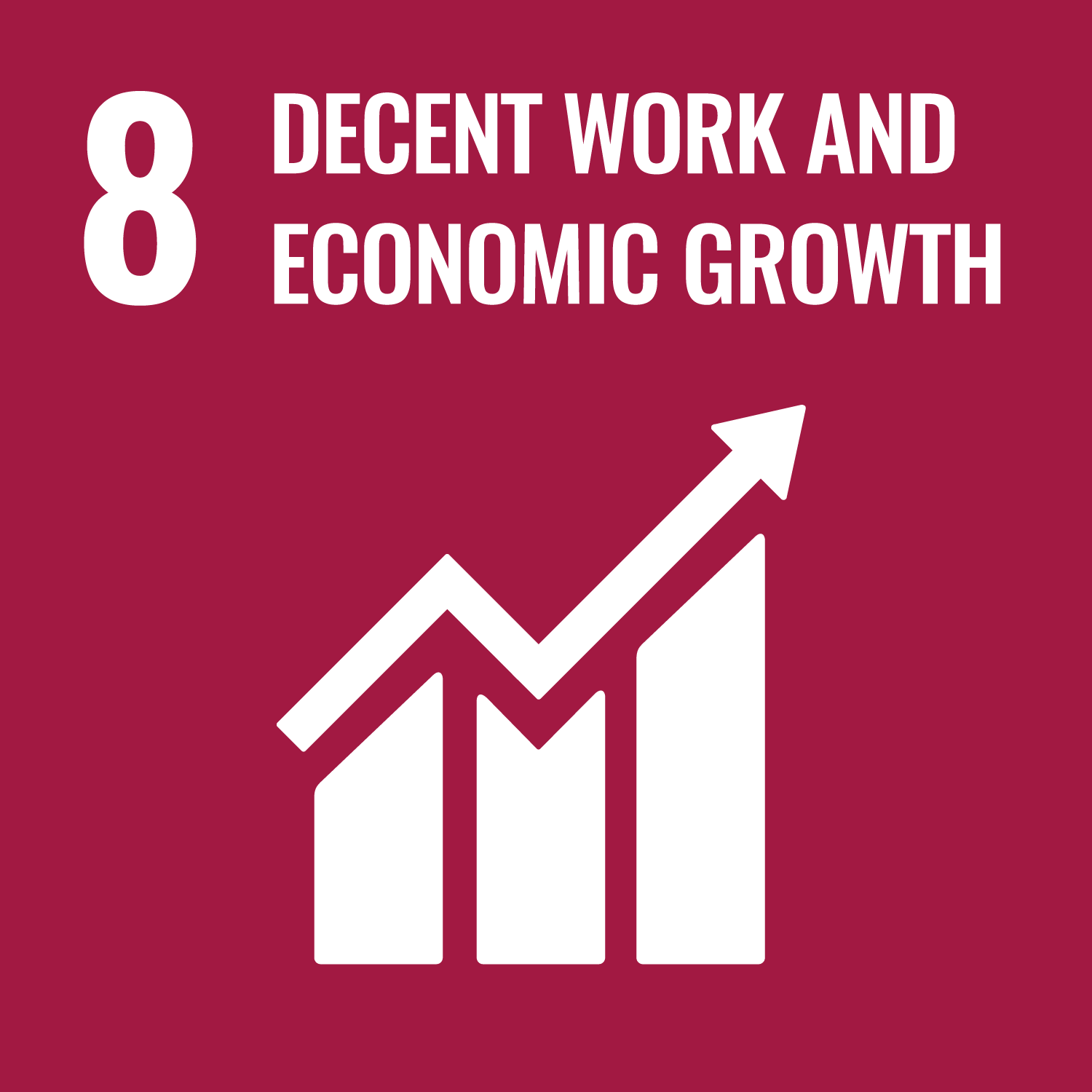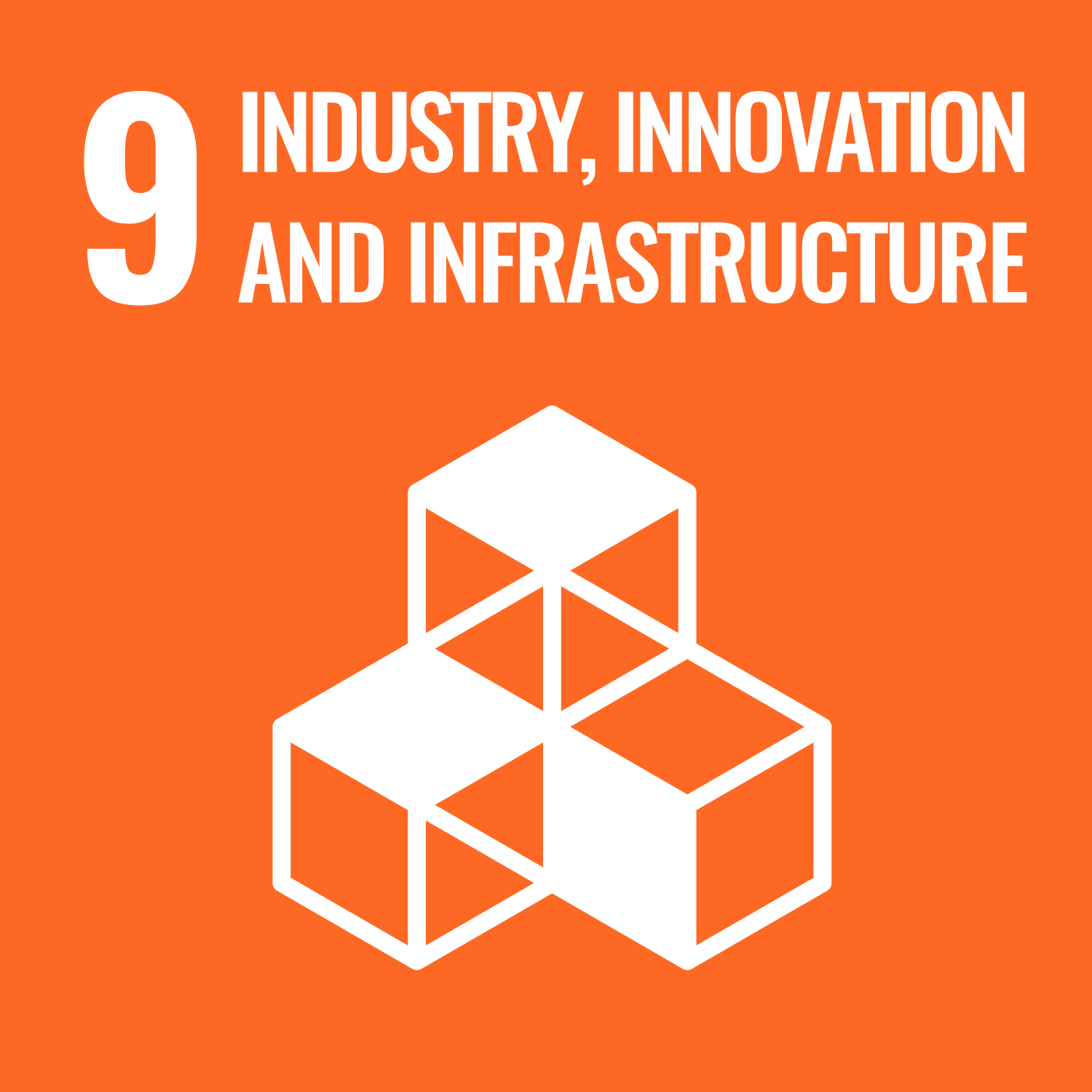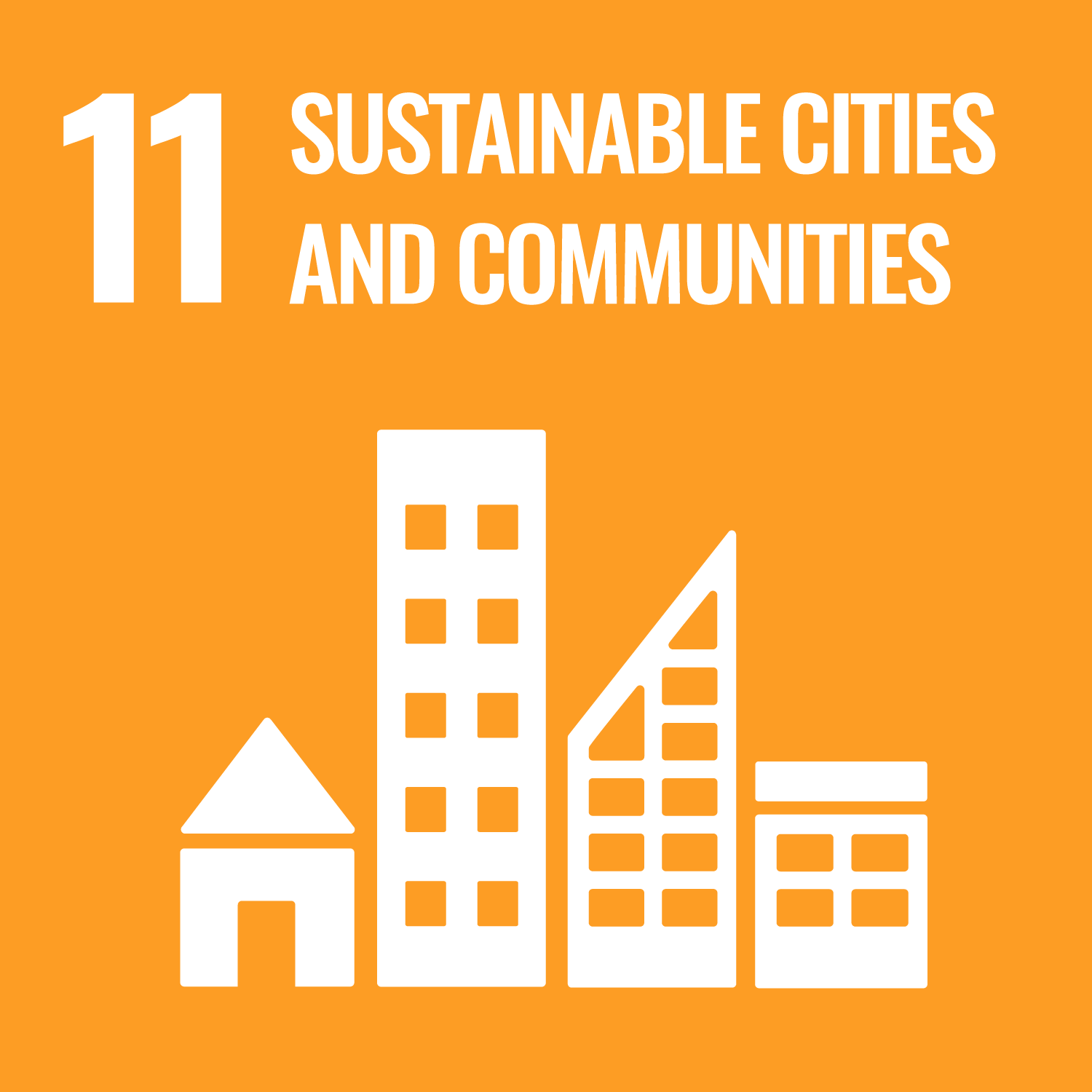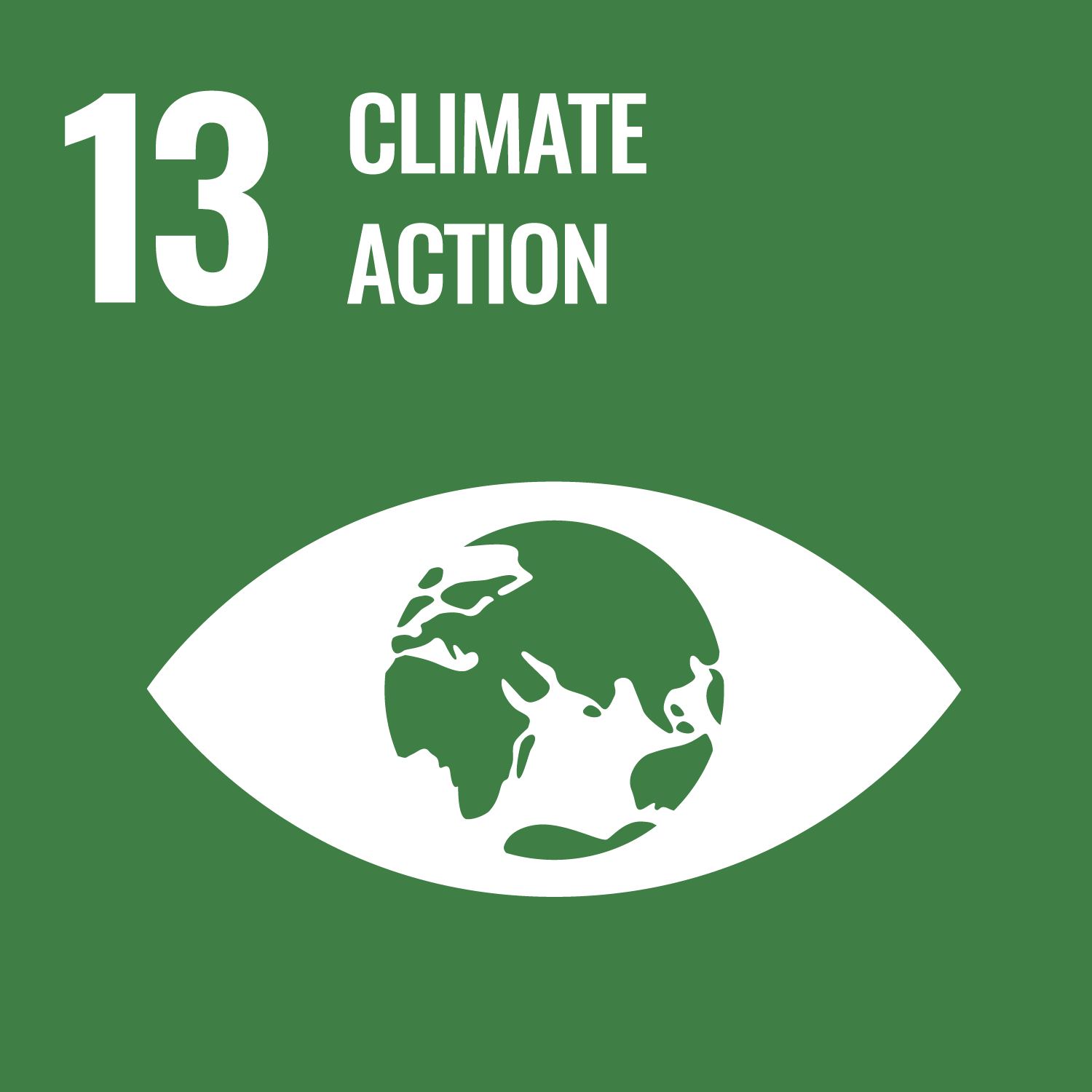ORCID
- Alistair George Liam Borthwick: 0000-0001-6053-7764
Abstract
High-quality regional development requires coupling of socioeconomic and natural domains, but it remains unclear how to effectively integrate the regional economy with river basin ecosystems. Here we establish a developmental perspective of 65 river economic belts, formed through history along the main stems of the world’s great rivers, covering initial, developing, and developed stages. We find that river economic belts characterized by basin-based regional integration can substantially upgrade their eco-efficiency through the harmonization of enhanced regional economic growth and efficient utilization of basin resources, once key prerequisites (e.g., gross domestic product per capita, de-industrialization status, and human development index) are met for river economic belts entering the developed stage. Importantly, primary concerns such as resource stress, environmental pollution, and biodiversity loss are also inherently addressed. Under representative scenarios of regional development planning and climate change (2015–2050), the basin-based regional integration strategy would provide river economic belts with new opportunities and pathways towards sustainability in emerging regions worldwide.
DOI Link
Publication Date
2024-01-05
Publication Title
Communications Earth and Environment
Volume
5
Issue
1
ISSN
2662-4435
Acceptance Date
2023-12-19
Deposit Date
2024-06-18
Additional Links
Creative Commons License

This work is licensed under a Creative Commons Attribution 4.0 International License.
Recommended Citation
Wang, Y., Ni, J., Wan, J., Xu, J., Zheng, C., & Borthwick, A. (2024) 'Global river economic belts can become more sustainable by considering economic and ecological processes', Communications Earth and Environment, 5(1). Available at: 10.1038/s43247-023-01189-3





